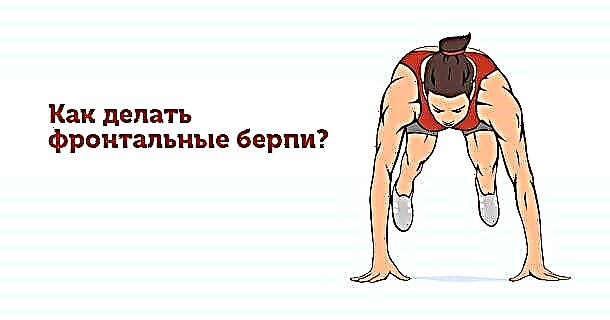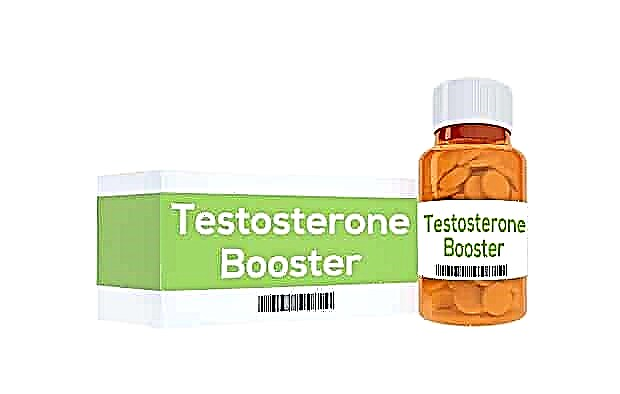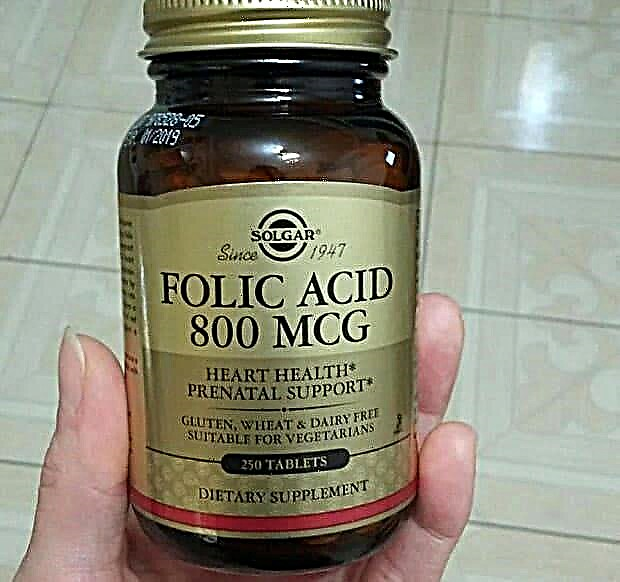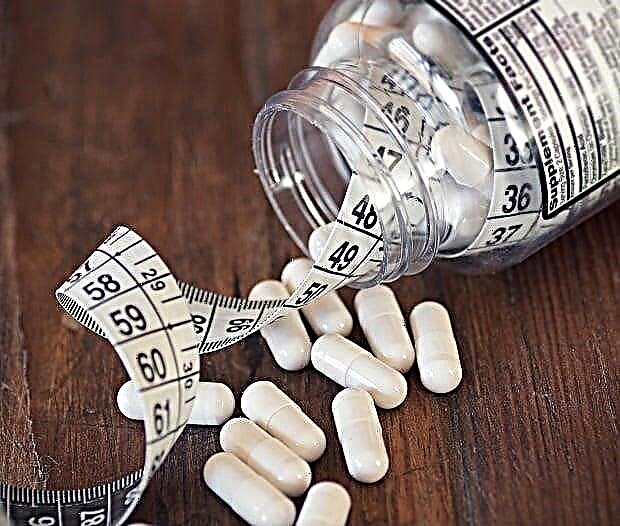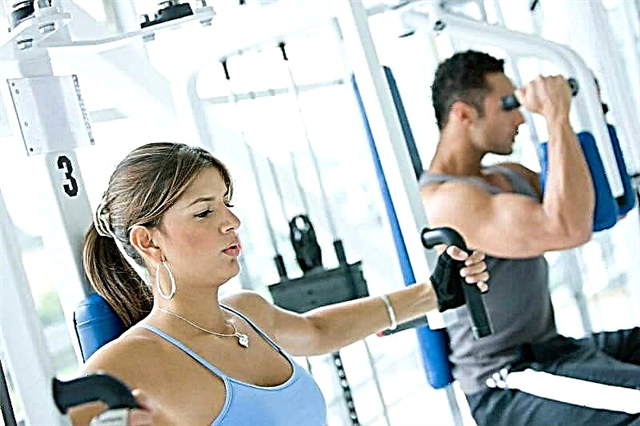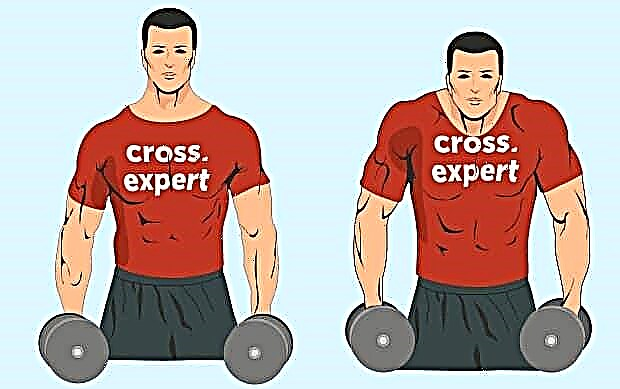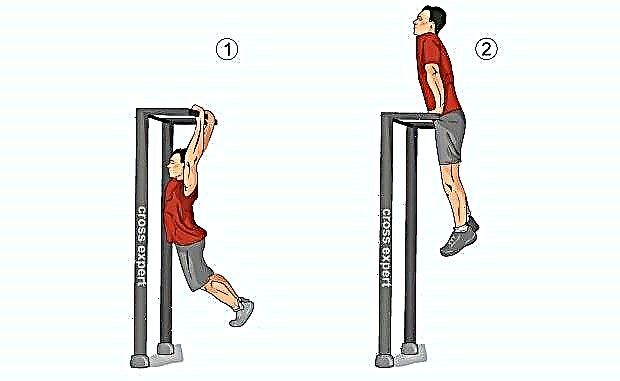Vitamins
3K 0 17.11.2018 (last revised: 02.07.2019)
Biotin is a B vitamin (B7). It is also called vitamin H or coenzyme R. This compound is a cofactor (a substance that helps proteins to carry out their activity) in the metabolism of fats and leucine, the process of glucose formation.
Description and biological role of biotin
Biotin is an integral part of several enzymes that accelerate metabolic reactions involving proteins and fats. This vitamin is also required for the formation of glucokinase, which regulates carbohydrate metabolism.

Biotin acts as a coenzyme of many enzymes, takes part in purine metabolism, and is a source of sulfur. It also aids in the activation and transport of carbon dioxide.
Biotin is found in varying amounts in virtually all foods.
Main sources of B7:
- meat offal;
- yeast;
- legumes;
- peanuts and other nuts;
- cauliflower.
Also, the suppliers of the vitamin are boiled or fried chicken and quail eggs, tomatoes, mushrooms, spinach.
With food, the body receives a sufficient amount of vitamin B7. It is also synthesized by the intestinal flora, provided that it is healthy. Biotin deficiency can be caused by genetic diseases, but this is quite rare.
In addition, a lack of this vitamin can be observed in the following cases:
- long-term use of antibiotics (the balance and functioning of the intestinal flora that synthesize biotin is disturbed);
- severe dietary restrictions resulting in a lack of many nutrients and vitamins, including biotin;
- the use of sugar substitutes, in particular saccharin, which has a negative effect on the metabolism of vitamin and inhibits the vital activity of beneficial bacteria in the intestine;
- disorders of the condition and work of the mucous membranes of the stomach and small intestine, resulting from disorders of the digestive process;
- alcohol abuse;
- Eating foods containing sulfurous acid salts as preservatives (potassium, calcium and sodium sulfites - food additives E221-228).

Signs of a lack of biotin in the body are the following manifestations:
- low blood pressure;
- unhealthy appearance and dry skin;
- muscle weakness;
- lack of appetite;
- frequent nausea;
- high cholesterol and sugar levels;
- drowsiness, decreased vitality;
- subdepressive states;
- anemia;
- increased fragility, dull hair, alopecia (hair loss).
In children, with a lack of vitamin B7, the growth process slows down.
The use of biotin in sports
Athletes often use vitamin and mineral complexes with biotin. This compound plays an important role in metabolic processes with the participation of amino acids, the construction of protein molecules.
Without biotin, many biochemical reactions cannot take place, during which an energy resource is produced to provide muscle fibers. Quite often, a low concentration of this vitamin is the reason that an athlete cannot gain muscle mass at a normal pace.
Vitamin B7 deficiency is sometimes due to the fact that many athletes prefer to eat raw eggs. In egg white there is a glycoprotein avidin, meeting with which vitamin B7 necessarily enters into a biochemical reaction. The result is a compound that is difficult to digest, and biotin is not included in amino acid synthesis.
Dosages and regimen
The maximum permissible dose of vitamin B7 has not been determined. Physiological requirement is estimated by scientists at about 50 mcg per day.
| Age | Daily requirement, mcg / day |
| 0-8 months | 5 |
| 9-12 months | 6 |
| 1-3 years | 8 |
| 4-8 years old | 12 |
| 9-13 years old | 20 |
| 14-20 years old | 25 |
| Over 20 years old | 30 |
Biotin for weight loss
Vitamin B7 supplements are also used for weight loss. With a shortage of biotin, which is an important participant in the metabolic processes of proteins and fats, the metabolism slows down. In such cases, physical activity does not bring the desired result, and using complexes with this vitamin, you can "spur" metabolism.
If there is enough biotin, then the conversion of nutrients into energy occurs intensively. However, it should be remembered that while taking supplements with it, it is necessary to give the body a good physical activity. Otherwise, he will not generate unnecessary energy, and the incoming nutrients will not be consumed.
There are no contraindications to taking vitamin B7 supplements. Possible individual intolerance to the substances they contain. In such cases, they should not be taken. In any case, it is better to consult a doctor before using.

